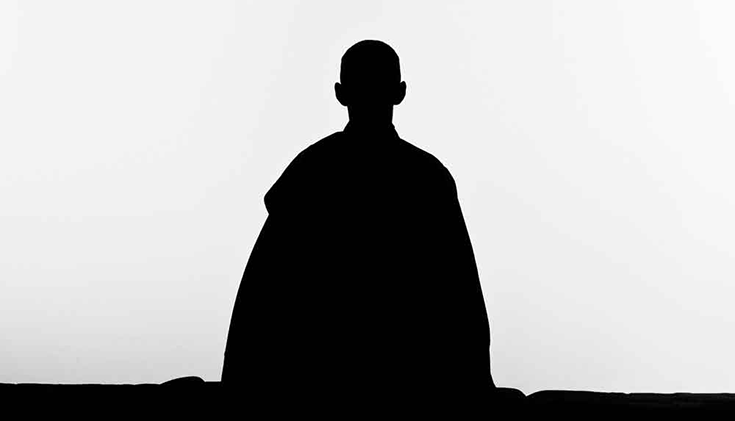I recall the early days of my Buddhist practice when, either on retreat or attending a Sunday morning program, I was the only person of color in attendance. Over the years I’ve raised the question in various Buddhist settings: “Why aren’t people of color present? Why isn’t there a wider representation of people of different educational backgrounds?” My fellow teachers would nod and agree that, as Buddhists, we need to reach out to people of color and different socioeconomic classes. But that’s as far as it went.
There is a basic human tendency to seek comfort in the known, in a familiar world that mirrors our prior experiences. Because of this, people naturally tend to self-segregate and align themselves with others with whom they find similarity, familiarity, and comfort. As a result, we find a notable lack of significant racial, ethnic, and economic diversity in many communities—including Buddhist communities.
This powerful desire to align ourselves more closely with what we already know, rather than that which feels uncertain and insecure, gives rise to a willful, if somewhat unconscious, inability to see and experience the truth. We are locked into a narrower perspective and miss out on an array of possibilities in every area of life, including Buddhist practice.
As Buddhists, we would do well to ask ourselves, where is no-self when we surround ourselves with people we feel most comfortable and aligned with, consciously or not? How genuine is our bodhisattva vow to save all sentient beings when we seek out the company of certain beings and avoid others?
Opening ourselves up to feelings of discomfort is not easy at first. We need to be ready and willing to enter into mental spaces where we are not necessarily at ease. We need to face our fear of letting go. The Buddhist path requires it.
It would be too deterministic to believe there is some set of simple instructions or protocols that can lead us to a place of harmony. If you have a strategy or tactic or some kind of fix that you think will have a particular result, you’re coming from a place of knowing rather than not knowing. Coming from a place of not knowing is more likely to lead us to greater harmony and openness. So we begin with simply not knowing.
Not knowing is derived from the fourth noble truth, the noble eightfold path. It is a way of expressing right view in all of our relationships. As a central aspect of the eightfold path, right view means no view. If we eliminate all concepts and views, we have not knowing, and this allows us to expand beyond the notion of self.
So examine your ideas and beliefs and be ready to drop them. Embrace the practice and the dharma as the way to approach diversity and inclusivity. Everything we need is already immediately before us—we simply need to move past any fixed perspective.

